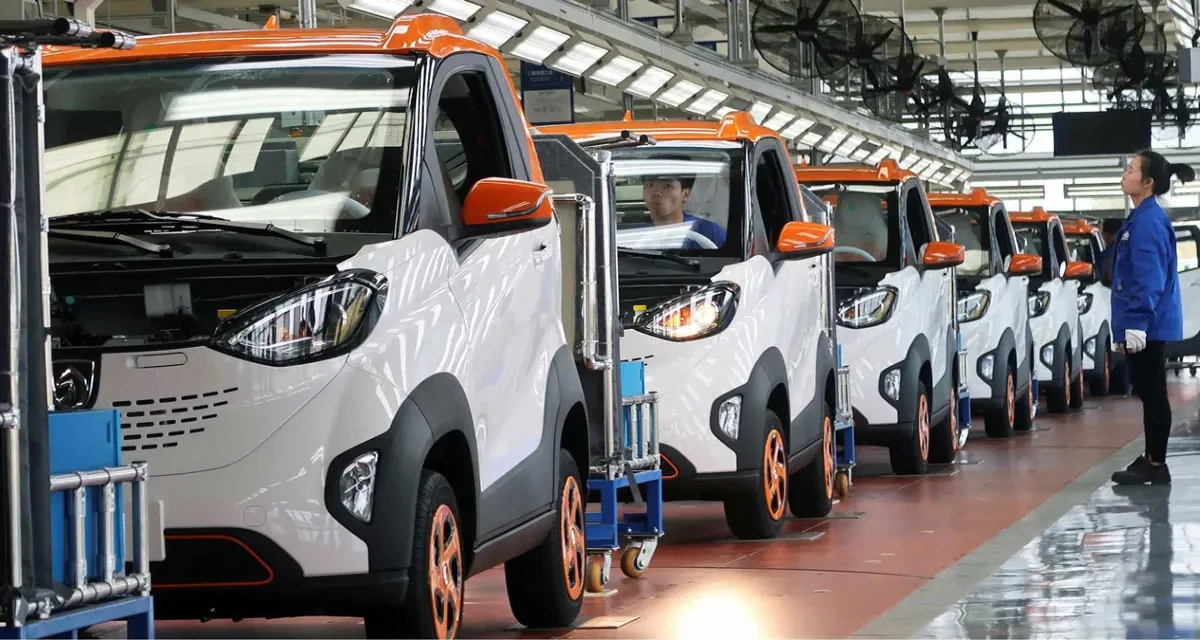

Western automakers are being forced to modify their tactics as China's electric vehicle (EV) startups become more and more competitive on the international stage. The leading EV manufacturer in China, BYD, is driving this change and presenting a serious threat to US EV producers.
Chinese electric vehicles (EVs) are more expensive than their Western equivalents, but they also have more powerful batteries and more sophisticated technologies. BYD Americas CEO Stella Li feels that Chinese firms, including BYD, are "more ready" in terms of supply chain and technology capabilities.
The Chinese government has provided substantial support for the EV industry through tax exemptions, subsidies, and consumer incentives, all of which have contributed to its rapid growth. Hundreds of Chinese EV manufacturers are now engaged in intense rivalry, which has sped up research and improved the quality and design of the vehicles.
Chinese EV sales are posing a serious challenge to American automakers. Former Ford CEO Mark Fields admits that if trade barriers didn't exist, Chinese automakers may "demolish" their rivals due to the significant improvements in quality and design over the last ten years.
American manufacturers are finding it difficult to compete with their Chinese counterparts, especially in the pricing arena. While American EV manufacturers have concentrated on larger, more opulent models aimed at richer buyers, Chinese EVs are typically more affordable, more accessible, and smaller.
Trade disputes have also resulted from the rivalry between American and Chinese manufacturers of electric vehicles. Automobiles manufactured in China already face a 27.5% import tax in the United States, and politicians are pushing for even higher duties. China, on the other hand, has filed a complaint with the World Trade Organization, claiming that American EV subsidies discriminate against Chinese goods.
In addition, there would be legal and regulatory barriers for Chinese EVs including setting up a sales and distribution network and addressing concerns about data security and personal information collection.
In the global EV industry, Western manufacturers are forced to compete with Chinese businesses despite the obstacles. According to Mark Fields, it will take some time for them to catch up, especially in terms of price, and to level the playing field, they could have to resort to greater taxes and trade restrictions.
Ultimately, the rivalry between the two superpowers in terms of technology and economy is reflected in the struggle between American and Chinese manufacturers of electric vehicles. Both parties will need to innovate and adapt as the global EV market changes to keep their competitive advantage.
Also Read: